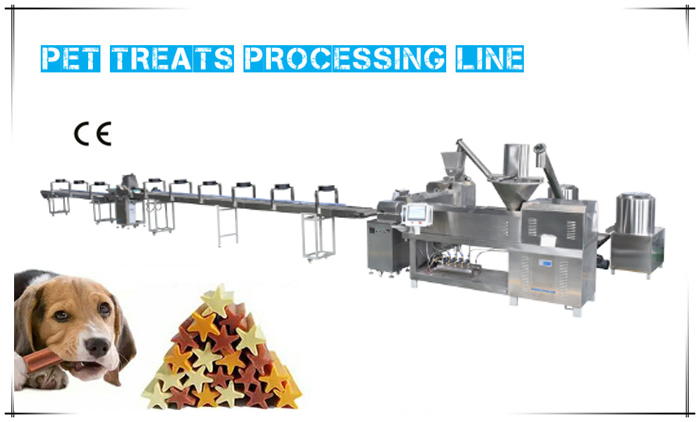Are there different types of pet food production lines for different types of pet food?
The world of pet food is vast and diverse, catering to the varied needs and preferences of our furry companions. Whether you have a playful puppy, a finicky feline, or a pet with specific dietary requirements, you may wonder if there are different types of pet food production lines to meet these diverse needs. The short answer is yes. Pet food production lines can be tailored to produce various types of pet food, including conventional, organic, and prescription diets. In this article, we will delve into the fascinating world of pet food production and explore the different types of production lines used to meet the unique demands of our pets.
Pet food production is a dynamic and evolving industry, reflecting changing trends in human dietary habits and a growing awareness of pet nutrition. Just like human food, pet food can be categorized into different types, each designed to serve specific purposes. The production of pet food is no longer a one-size-fits-all process. To cater to the diverse needs of pets and their owners, pet food production lines have become increasingly specialized.
Understanding Pet Food Production Lines
1. Conventional Pet Food
Conventional pet food production lines are designed to create pet food for the average, healthy pet. They typically use a combination of ingredients such as meat, grains, and vegetables to produce kibble, canned food, or semi-moist options. These lines prioritize affordability and shelf life while still meeting basic nutritional requirements.
2. Organic Pet Food
Organic pet food production lines focus on using high-quality, organic ingredients. These production lines cater to pet owners who prefer their furry friends to have a diet free from pesticides, artificial additives, and genetically modified organisms. The production process ensures that the final product meets stringent organic standards.
3. Prescription Diets
For pets with specific health issues or dietary restrictions, there are production lines dedicated to creating prescription diets. These diets are carefully formulated to address medical conditions, allergies, or weight management. They often require precise ingredient control and specialized processing to meet the needs of pets with health concerns.
Key Components of Pet Food Production Lines
Raw Materials
The foundation of any Pet Treats Extrusion Line is its raw materials. These include meats, grains, vegetables, and additives. The choice of raw materials varies based on the type of pet food being produced.
Formulation and Mixing
The formulation process involves creating a recipe that meets the nutritional requirements of the target pet. Mixing is the stage where the various ingredients are combined to create a uniform blend.
Extrusion
Extrusion is a crucial step that converts the mixture into a recognizable form, such as kibble or pellets. It often involves high temperatures and pressure to cook the food and make it safe for consumption.
Drying and Cooling
After extrusion, the pet food needs to be dried to reduce moisture content. This ensures a longer shelf life. Cooling follows, which prevents condensation and maintains product quality.
Customized Production Lines
Customization in pet food production lines is a growing trend. Manufacturers are now capable of adjusting the production process to create specific products tailored to the needs of pets. Customized lines are used for premium and specialized pet foods, including those with unique flavors and textures.
Special Considerations for Production
Manufacturers must consider the special needs of different pets. For instance, cats require a higher protein content, while dogs may need a mix of protein and carbohydrates. Pet food production lines need to adapt to these specific requirements.
Quality Control in Pet Food Manufacturing
Maintaining the quality and safety of pet food is paramount. Production lines are equipped with quality control measures to ensure the final product meets all standards and regulations.
The Impact on Pet Health
The type of pet food a pet consumes has a direct impact on their health. Choosing the right type of pet food production line is crucial for maintaining the health and well-being of your furry friend.
Sustainability in Pet Food Production
Sustainability is a growing concern in pet food machine. Some production lines prioritize environmentally friendly practices, such as using sustainable ingredients and reducing waste.
In conclusion, the world of pet food production is far from uniform. There are different types of pet food production lines that cater to the varied needs of pets and their owners. Whether you have a healthy pet, a pet with dietary restrictions, or one with unique taste preferences, there's a production line designed to meet those needs. Remember that choosing the right pet food is an essential part of ensuring the health and happiness of your beloved pet.
150
0
0



Comments
All Comments (0)